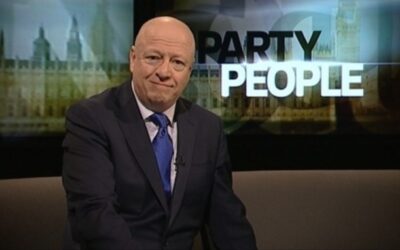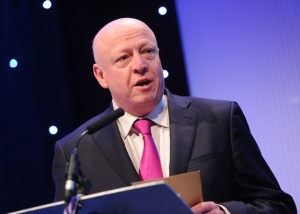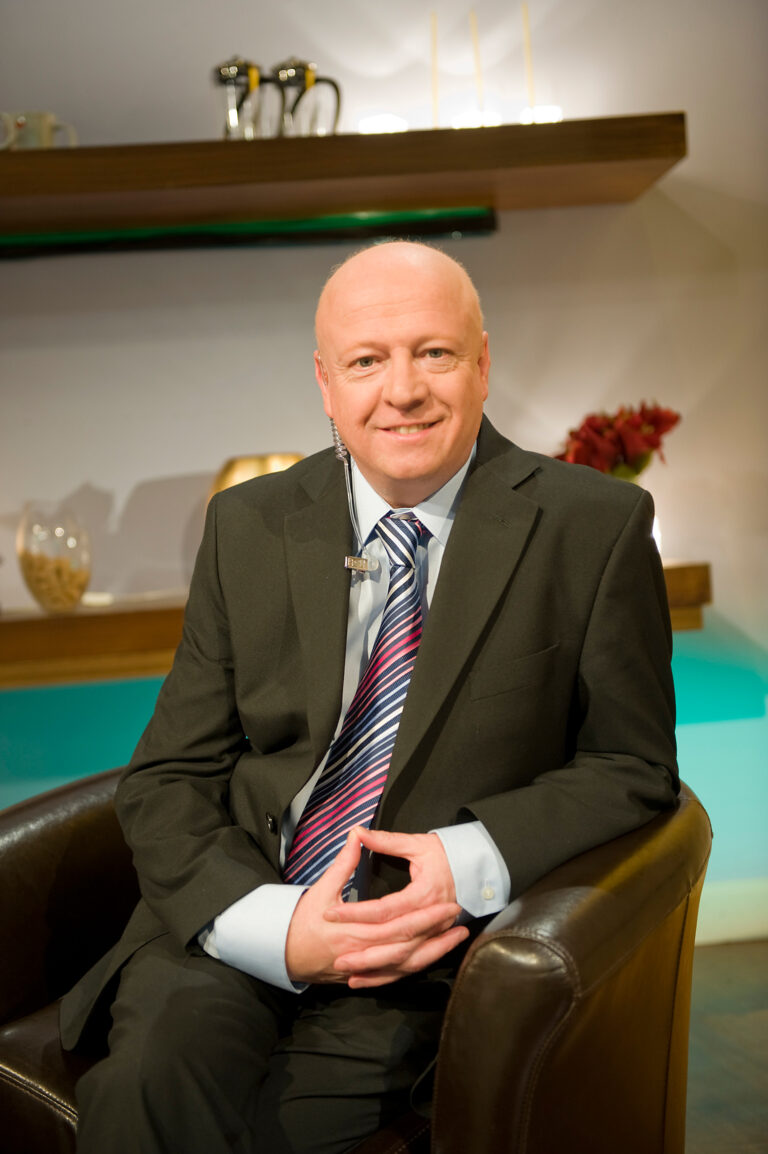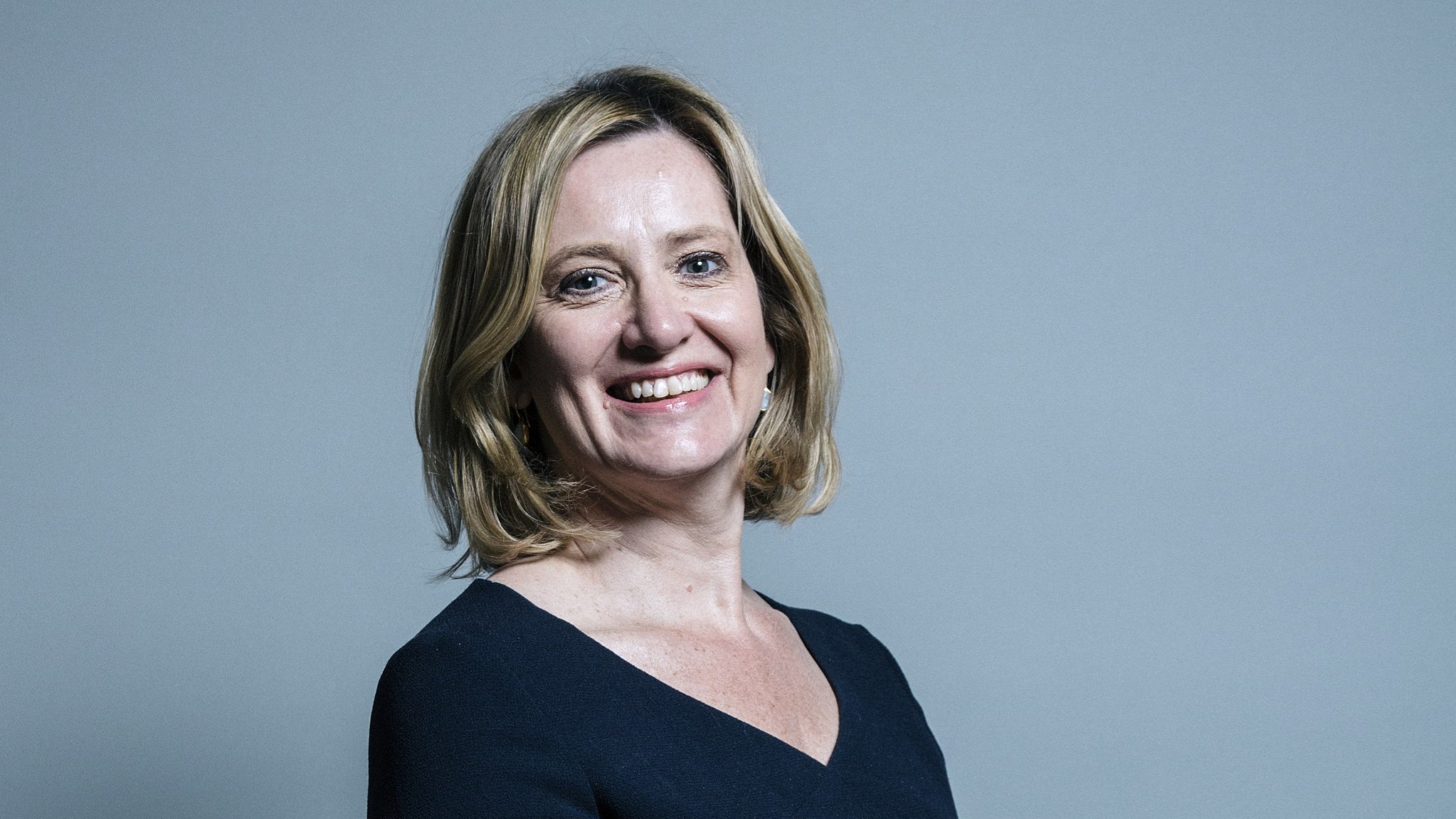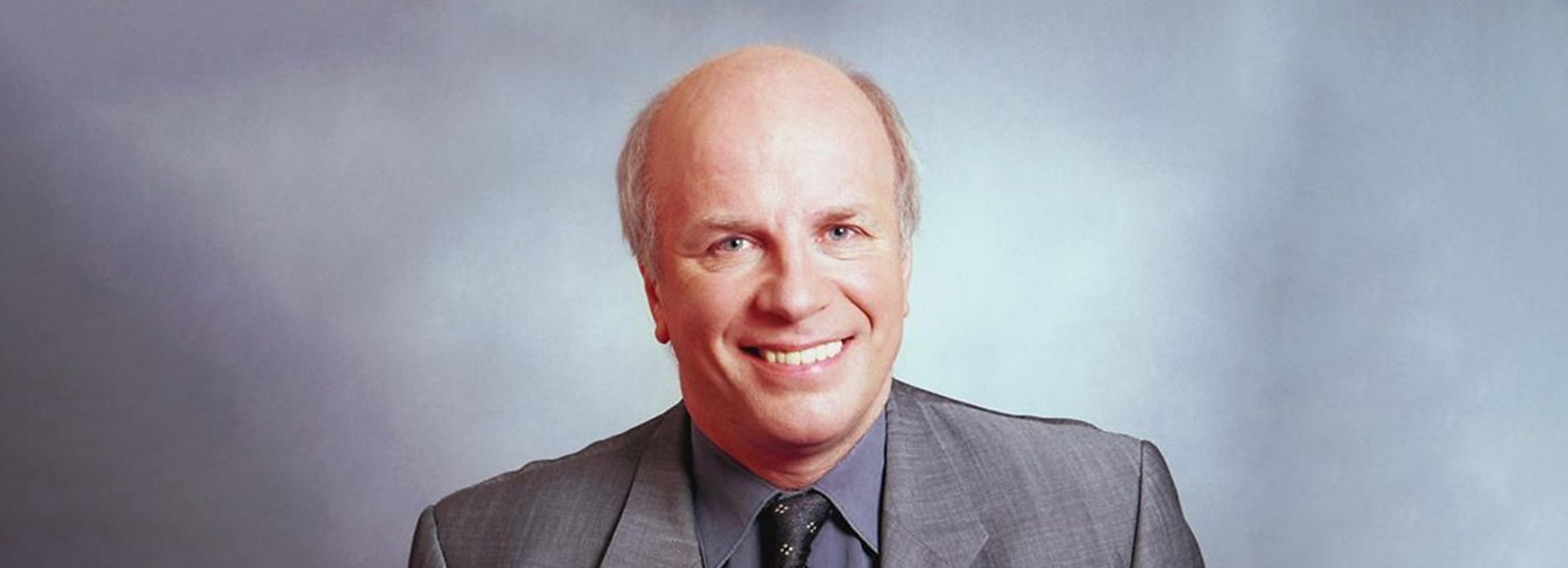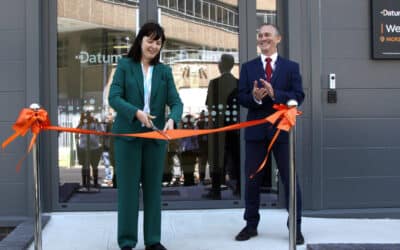At the end of the 90s, the North West’s Regional Development Agency – cheered on by a group of Granada TV executives – secretly presented the BBC, via two leading senior Blairite Ministers, a report on how much the BBC was spending within a few mile radius of White City in London. They politely but firmly suggested it was not ‘sustainable’ to spend more than 80% of the licence fee in London, and that the Corporation should move to Manchester.
Speaking to me privately afterwards, Sir Ian McCartney, former Labour Party Chairman, told me: “The reaction was laughter and incredulity – derision and disbelief.”
That was until the realisation dawned that the New Labour government – then a party of the North and Scotland – were serious, and that Charter renewal and a licence fee settlement was in the air.
It started a quiet but important revolution to keep the creative sector alive – not just in Salford, but also in Cardiff and Scotland. Many people claim responsibility for MediaCityUK, but that meeting and secret report were pivotal.
Open season on the BBC
Tony Hall, exiting Director General, wants more regional diversity – as well as more spend in the regions and nations. So the plan worked, and later was owned and “invented” inside the BBC, hugely driven by Mark Thompson and Greg Dyke as successive DGs.
To move Radio 1 to Liverpool and Radio 2 to Leeds would be bold statements of intent, I think. My other suggestions include BBC Two in Salford. Scotland, Wales and Northern Ireland would be hungry for the investment, but the key – as Lord Hall acknowledges – is where the money and decisionmakers sit!
But it’s open season again on the BBC.
The Daily Telegraph has joyfully reported that the long-deceased King George III was sent a licence fee bill the other day as the most recent occupant of Kew Palace. The over-75s’ licence fee debacle is a noose too tight for any management; Rule Britannia and the Proms have never had so much debate; and there are job losses across news and regional and local services.
Plus, complaints about the BBC being “too woke” are followed up with reports of a new, ‘less woke’ news service from Sir Robbie Gibb – an ex-BBC political editor who was also Theresa May’s last Communications Director.
More worryingly for Tim Davie is the Daily Mail’s survey from August 29th which said that 65% of people want the licence fee scrapped, and The Times’s August 28th front-page survey saying that 55% believe the BBC is no longer “value for money”. The Mail also expects government to remove imprisonment for non-payers of the licence fee – the thought of over-75s, or ex-staffers such as Jan Leeming, facing the nick is too much.
Stop selecting the Chairman
“What can we do to help the media sector?” a Conservative MP asked me at the end of the 90s. My reply stunned him: “Stop selecting the Chairman of the BBC”. We were in the heart of Granada’s building in Manchester, and as a presenter and executive of the company, he was expecting my answer to focus on commercial TV. It did.
I explained, “In a modern democracy is it reasonable that a publicly – not state – funded broadcaster has its number one job chosen by a politician, the Prime Minister – technically The Queen, advised by the PM?
“Plus, we need the BBC in the North to sustain the creative sector, which will be vital for jobs and a place on the digital map in the 21st century – moreover, if any of their channels took advertising, it would weaken ITV, Channel 4 and commercial radio.”
The ‘ecology’ of the industry is vital, even more so with the advent and success of streaming. Remember, Channel 4 is also state-owned (with one shareholder, Ofcom, and carrying advertising already).
He agreed, became a senior figure in the party, and in 2020/21 we are about to repeat the exercise again – some may say, for the last time. Yes, there’ll be a process and consultation, but mainly among politicians – before a Chair is announced, under the Royal Charter.
Churchill had his moments with the BBC; Macmillan hated the intrusion of the “one-eyed monster” – the TV camera, mainly ITN’s; Wilson, Thatcher and Blair suspected “treachery”’ at the BBC, and had full-scale rows and demands for change.
Greg Dyke told me in an interview he didn’t understand why Blair put so many clearly ‘Tory supporters’ on the Board of Governors, and asked Number 10 if it were possible some might have an interest in broadcasting. It was the Board which waved Greg goodbye, after the Iraq-Andrew Gilligan row with Tony Blair and Alistair Campbell.
The end of the game
The BBC has always been a political football, and its willingness to hold power to scrutiny is often matched by powers’ willingness to hold the BBC to scrutiny.
The Royal Charter, which enshrines its right to broadcast, may now be a death shroud unless it can reinvent itself, its governance and its funding.
“If only it paid a dividend.” That’s how one person summed up the dilemma to me. But actually, today, that may yet prove to be the answer.

